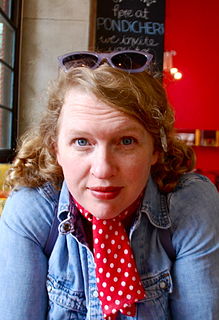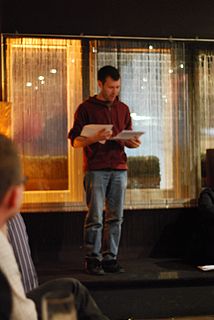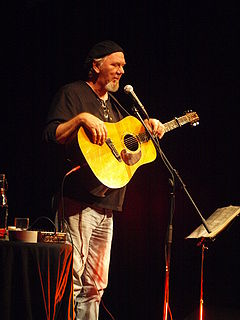A Quote by Katherine Center
Related Quotes
Mothers are the rocks of our families and a foundation in our communities. In gratitude for their generous love, patient counsel, and lifelong support, let us pay respect to the women who carry out the hard work of motherhood with skill and grace, and let us remember those mothers who, though no longer with us, inspire us still.
Generations of women have sacrificed their lives to become their mothers. But we do not have that luxury any more. The world has changed too much to let us have the lives our mothers had. And we can no longer afford the guilt we feel at not being our mothers. We cannot afford any guilt that pulls us back to the past. We have to grow up, whether we want to or not. We have to stop blaming men and mothers and seize every second of our lives with passion. We can no longer afford to waste our creativity. We cannot afford spiritual laziness.
Most of us in the baby-boom generation were raised by full-time mothers. Even as recently as 14 years ago, 6 out of 10 mothers with babies were staying at home. Today that is totally reversed. Does that mean we love our children less than our mothers loved us? No, but it certainly causes a lot of guilt trips.
Intelligence, goodness, humanity, excitement, serenity. Over time, these are the things that change the musculature of your face, as do laughter, and animation, and especially whatever peace you can broker with the person inside. It's furrow, pinch, and judgement that make us look older - our mothers were right. They said that if you made certain faces, they would stick, and they do. But our mothers forgot that faces of kindness and integrity stick as well.
I'm not saying that all women are blameless - all women are not. There are women with despicable characters who are cruel and terrible and some of them are mothers. But why do we blame our mothers more than our fathers? We let our fathers get away scot-free. We hardly even knew who they were in many cases, given the way this culture raises kids, and they may have been quite cruel. They may even have raped us as children, but even if they raped us, we will blame our mothers for not protecting us instead of blaming our fathers who actually did it.
Nothing is a courtesy unless it be meant us, and that friendly and lovingly. We owe no thanks to rivers that they carry our boats, or winds that they be favoring and fill our sails, or meats that they be nourishing; for these are what they are necessarily. Horses carry us, trees shade us; but they know it not.
But in a way you can say that after leaving the sea, after all those millions of years of living inside of the sea, we took the ocean with us. When a woman makes a baby, she gives it water, inside her body, to grow in. That water inside her body is almost exactly the same as the water of the sea. It is salty, by just the same amount. She makes a little ocean, in her body. And not only this. Our blood and our sweating, they are both salty, almost exactly like the water from the sea is salty. We carry oceans inside of us, in our blood and our sweat. And we are crying the oceans, in our tears.
Most of us don't have mothers who blazed a trail for us--at least, not all the way. Coming of age before or during the inception of the women's movement, whether as working parents or homemakers, whether married or divorced, our mothers faced conundrums--what should they be? how should they act?--that became our uncertainties.
Of course, we carry inside of ourselves our parents. Even when they are dead, we carry them inside ourselves. And they are carrying inside themselves their dead parents and so on and so forth. There is a legacy of language and culture and religion. In some cases, family stories told by grandparents to little grandchildren. When I say my novels are set in Israel in the last seventy years, this entails the fact that they begin hundreds or thousands of years earlier in time. Everybody comes from somewhere.
We are all vulnerable, and we will all, at some point in our lives... fall. We will all fall. We must carry this in our hearts... that what we have is special. That it can be taken from us, and when it is taken from us, we will be tested. We will be tested to our very souls. We will now all be tested. It is these times, it is this pain, that allows us to look inside ourselves.

































